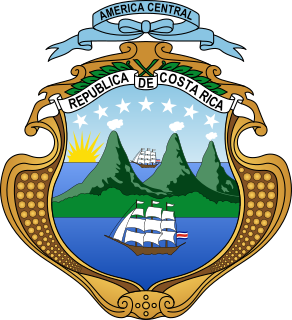| ||||||||||||||||||||||||||||||||||||||||||||||||||||||||||||||||||||||||||||||||||||||||||||||||||||||||||||
| ||||||||||||||||||||||||||||||||||||||||||||||||||||||||||||||||||||||||||||||||||||||||||||||||||||||||||||
| Turnout | 69.1% | |||||||||||||||||||||||||||||||||||||||||||||||||||||||||||||||||||||||||||||||||||||||||||||||||||||||||||
|---|---|---|---|---|---|---|---|---|---|---|---|---|---|---|---|---|---|---|---|---|---|---|---|---|---|---|---|---|---|---|---|---|---|---|---|---|---|---|---|---|---|---|---|---|---|---|---|---|---|---|---|---|---|---|---|---|---|---|---|---|---|---|---|---|---|---|---|---|---|---|---|---|---|---|---|---|---|---|---|---|---|---|---|---|---|---|---|---|---|---|---|---|---|---|---|---|---|---|---|---|---|---|---|---|---|---|---|---|
| ||||||||||||||||||||||||||||||||||||||||||||||||||||||||||||||||||||||||||||||||||||||||||||||||||||||||||||
Map on the left shows the seats won by each party by province. The map on the right shows which party won the plurality in each province in the Presidential election. | ||||||||||||||||||||||||||||||||||||||||||||||||||||||||||||||||||||||||||||||||||||||||||||||||||||||||||||
| ||||||||||||||||||||||||||||||||||||||||||||||||||||||||||||||||||||||||||||||||||||||||||||||||||||||||||||
 |
|---|
| This article is part of a series on the politics and government of Costa Rica |
Legislature |
|
Costa Rica held parliamentary and presidential elections on 7 February 2010. The ruling party before the election, the center-left National Liberation Party, put forward former Vice-President Laura Chinchilla as its presidential candidate, while the libertarian, Movimiento Libertario nominated former legislator Otto Guevara. Opinion polls before voting started consistently put Chinchilla as the front-runner, a trend confirmed in the election-night count, which showed her garnering 46.76% of the vote. [2]

Costa Rica, officially the Republic of Costa Rica, is a country in Central America, bordered by Nicaragua to the north, the Caribbean Sea to the northeast, Panama to the southeast, the Pacific Ocean to the southwest, and Ecuador to the south of Cocos Island. It has a population of around 5 million in a land area of 51,060 square kilometers. An estimated 333,980 people live in the capital and largest city, San José with around 2 million people in the surrounding metropolitan area.

The National Liberation Party, nicknamed the verdiblancos, is a political party in Costa Rica. The party is a member of the Socialist International.

The 1949 Constitution of Costa Rica established two Vice-Presidencies of Costa Rica, which are directly elected through a popular vote on a ticket with the president for a period of four years, with no immediate re-election. There has been various incarnations of the office. Vice presidents replace the president in cases of temporary or permanent absence.
Contents
- Presidential candidates
- Parliamentary elections
- Opinion polling
- Results
- President
- Legislative Assembly
- References
The election was supervised by observers from several countries, as well as from the Organization of American States. [3] The incumbent President, Óscar Arias, was ineligible to run for a second consecutive term.

The Organization of American States, or the OAS or OEA, is a continental organization that was founded on 30 April 1948, for the purposes of regional solidarity and cooperation among its member states. Headquartered in the United States capital Washington, D.C., the OAS's members are the 35 independent states of the Americas.

Óscar Arias Sánchez was President of Costa Rica from 1986 to 1990 and from 2006 to 2010. He received the Nobel Peace Prize in 1987 for his efforts to end the Central American crisis.























